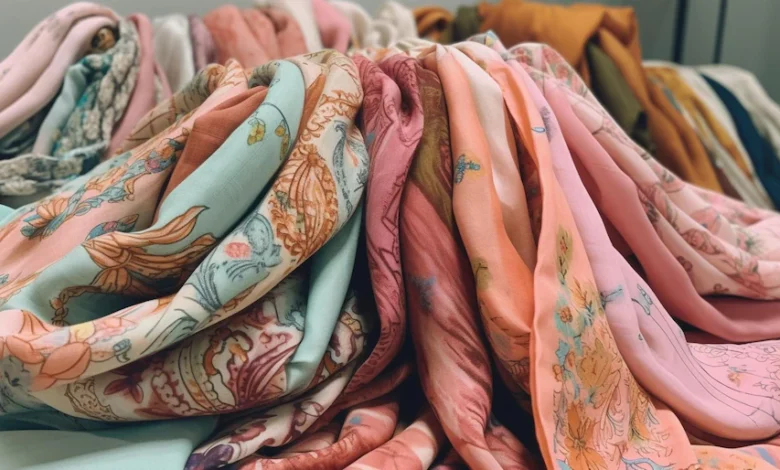How to start a Traditional clothing and accessories store in South Africa

South Africa is a culturally rich country, known for its diverse heritage and vibrant traditions. Traditional clothing and accessories play a significant role in South African culture, reflecting the nation’s history and ethnic diversity. If you have a passion for fashion and an appreciation for local traditions, starting a traditional clothing and accessories store can be a rewarding venture. This article provides a comprehensive guide to help you kick-start your business and thrive in the South African market.
- Market Research: Before embarking on any business venture, conducting thorough market research is essential. Identify your target audience, determine the demand for traditional clothing and accessories, and assess the competition. Consider the different ethnic groups in South Africa and their specific fashion preferences to cater to a broader customer base.
- Business Plan: Develop a detailed business plan outlining your vision, mission, target market, products, marketing strategies, and financial projections. This plan will serve as a roadmap to guide your business decisions and attract potential investors or lenders.
- Supplier Networks: Establish strong relationships with local artisans, designers, and manufacturers who specialize in traditional clothing and accessories. Collaborate with them to ensure a consistent supply of high-quality products that align with the cultural authenticity and uniqueness that customers seek.
- Store Location: Choose a strategic location for your store that attracts foot traffic and aligns with your target market. Consider areas with a significant cultural presence or near tourist attractions to maximize visibility and customer engagement. Additionally, ensure that your store layout and ambiance reflect the cultural heritage you aim to promote.
- Product Assortment: Curate a diverse range of traditional clothing and accessories representing various ethnic groups in South Africa. Include items such as traditional dresses, headgear, jewelry, footwear, and handcrafted bags. Offer a mix of authentic, handmade pieces, as well as modern adaptations that blend tradition with contemporary fashion trends.
- E-commerce and Online Presence: In today’s digital age, having an online presence is crucial. Develop a user-friendly website showcasing your products, allowing customers to make purchases online. Leverage social media platforms to promote your brand, engage with customers, and share information about upcoming collections, discounts, and cultural events.
- Cultural Events and Collaborations: Participate in cultural festivals, exhibitions, and trade shows to promote your store and build brand recognition. Collaborate with local communities, fashion designers, and influencers to organize fashion shows or workshops that celebrate traditional attire. These events can attract customers and create buzz around your store.
- Staffing: Hire knowledgeable and passionate staff members who can provide excellent customer service. Ensure they understand the significance of traditional clothing and accessories, as well as the cultural context behind them. Encourage continuous learning and personal development to keep up with evolving fashion trends and customer preferences.
- Marketing and Advertising: Implement a comprehensive marketing strategy to reach your target market effectively. Utilize a mix of traditional advertising methods such as print media, radio, and billboards, along with digital marketing techniques like social media advertising, influencer collaborations, and search engine optimization (SEO).
- Customer Engagement and Loyalty Programs: Develop customer loyalty programs, offer personalized shopping experiences, and encourage feedback to build strong relationships with your customers. Host cultural events or workshops that educate customers about the significance of traditional clothing, fostering a sense of pride and appreciation for local heritage.
Starting a traditional clothing and accessories store in South Africa allows you to contribute to the preservation and promotion of the country’s rich cultural heritage while exploring a lucrative business opportunity. By understanding your target market, curating a diverse product assortment, and leveraging both physical and online platforms, you can create a successful retail business that celebrates South African traditions and captivates customers near and far. With passion, dedication, and a customer-centric approach, your store can become a hub for cultural exchange and a destination for those seeking authentic South African fashion experiences.





